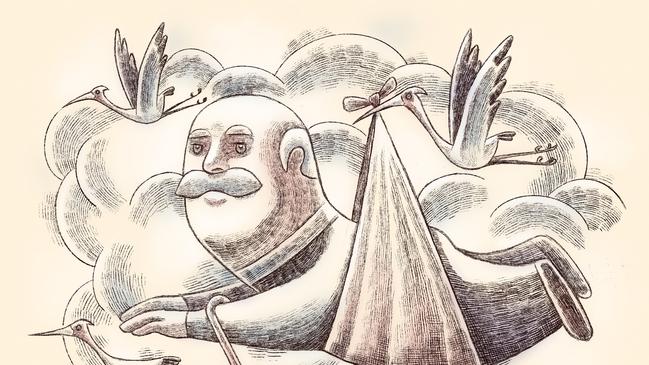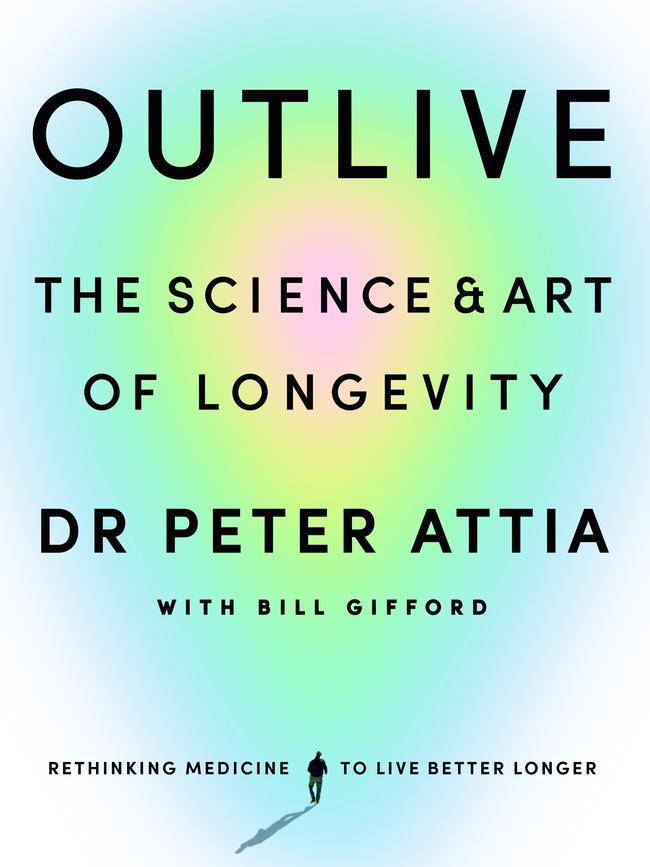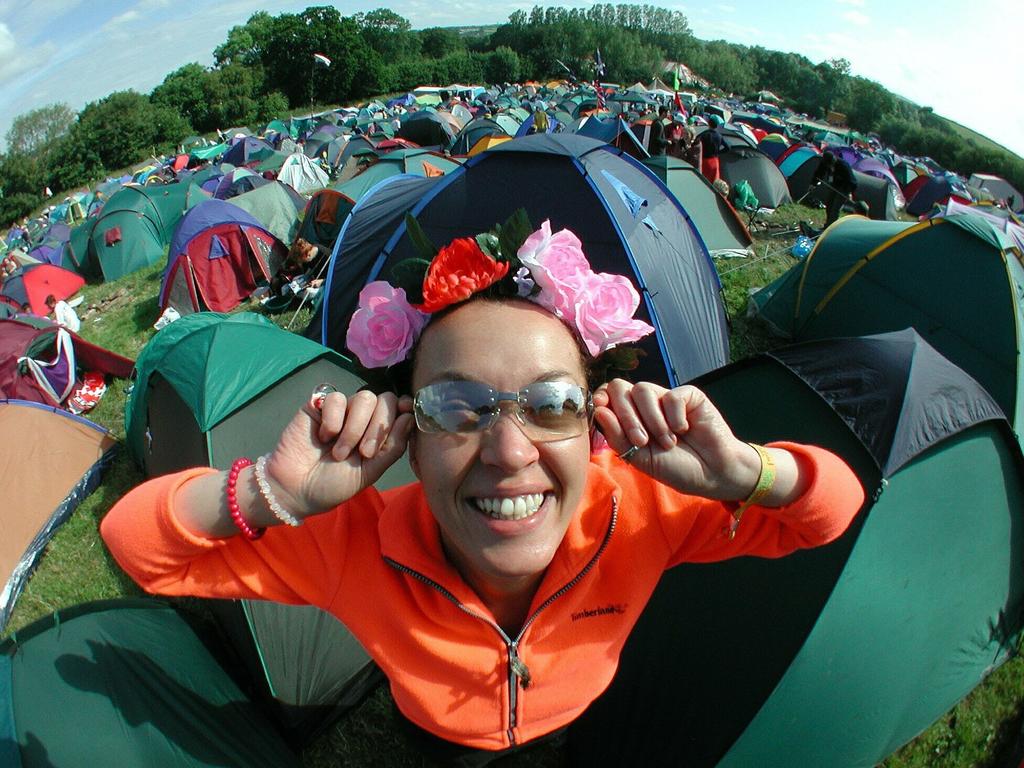Discovering the keys to longevity
Are doctors intervening at the wrong point in time, well after the disease has taken hold, and often when it’s already too late?

Significance in a book is rare, but Outlive: The Science and Art of Longevity knocks it out of the ballpark. Author Peter Attia, a Stanford-educated physician who, for five years, trained in general surgery at the Johns Hopkins Hospital, and, for two, worked as a surgical oncology fellow at the National Institutes of Health, has written one that should, and will, change lives.
His own understanding of human existence was radically altered by a patient’s death, the first he ever witnessed. Attempting to distract the 30-something woman as an oxygen mask and EKG leads were snapped on to her by nurses – she’d come in suffering from shortness of breath – Attia idly asked after her children. In response, her face suddenly tightened, she began struggling for breath, her eyes rolled back, and she fell unconscious.
“I would see many other patients die, but that woman’s death haunted me for years,” he writes.
Attia began wondering about the impact of emotion on health, the incubation period of disease, and whether our understanding of health is, in the end, viable. For all of our century’s pharmaceutical largesse, the tableau he presents is terrifying. While rates of cardiovascular disease-related deaths have, over 60 years, been cut by two-thirds in the industrialised world, cancer, neurodegenerative diseases, type 2 diabetes, and other disorders remain a global health crisis.
In every case, Attia writes, “we are intervening at the wrong point in time, well after the disease has taken hold, and often when it’s already too late”. He adds that diseases “typically begin much earlier than we recognise, and they generally take a very long time to kill you. Even when someone dies ‘suddenly’ of a heart attack, the disease had likely been progressing in their coronary arteries for two decades. Slow death moves even more slowly than we realise”.
For example, while treatment for late-stage lung cancer came nowhere near reducing mortality as effectively as public smoking bans, the Western medical approach continues to permit intervention only at the point of diagnosis. To this end, Attia quotes Bishop Desmond Tutu: “There comes a point where we need to stop just pulling people out of the river. We need to go upstream and find out why they’re falling in.”
This principle has, in the East, been recognised for millennia – traditional Chinese medicine, including acupuncture, is subtle, addressing physical illness as holistic, the result of emotional imbalances and poor dietary, exercise and sleeping habits – but the West has always preferred the “sledgehammer” approach, creating a host of new issues in the process.
Longevity, Attia believes, “demands a paradigm-shifting approach to medicine, one that directs our efforts toward preventing chronic diseases and improving our healthspan – and doing it now, rather than waiting until disease has taken hold or until our cognitive and physical function has already declined. It’s not ‘preventive’ medicine; it’s proactive medicine, and I believe it has the potential not only to change the lives of individuals but also to relieve vast amounts of suffering in our society as a whole”. This shift, he writes, will not come from the medical establishment, but “only if and when patients and physicians demand it”.
Like the Chinese, Attia focuses on the triple engine of diet (“nutritional biochemistry”), exercise (“no other intervention does nearly as much to prolong our lifespan”), and sleep (“critical to our innate physiological repair processes”) in order to maximise longevity and the pleasure that can be taken in existence.

It is, however, the emphasis on emotional health that anchors the book. Attia, in documenting his trajectory from obsessive, self-involved workaholic to functional father, pulls no punches. On July 11, 2017, “at 5.45pm, to be exact”, he received a call from his wife, a nurse, from their Austin, Texas, home. Their one-month-old son had suddenly stopped breathing and lost consciousness (“His eyes were completely rolled back in their sockets and he was lifeless and blue, with no heartbeat”). Performing CPR, his wife saved their son’s life.
When she called Attia from the ambulance, he was in a New York taxi. Listening to her account, he flatly replied, “OK, call me when you get to the hospital, so I can talk to the doctors in the ICU”. He did not return until 10 days later, having prioritised “important” work (“Just thinking about what happened, I feel nauseous about my behaviour … I can’t believe what a blind, selfish, checked-out husband and father I was. And I know I may never fully forgive myself”).
A trauma expert explained that Attia was, in fact, an addict, and that addiction is invariably a by-product of past trauma. The signs were all there: “anger, detachment, obsessiveness, a need to achieve that was fuelled by insecurity”. Asked at a rehab intake interview whether he had ever experienced abuse, Attia shouted, “F--k you!” and hung up.
At the facility, Attia finally – and in a matter-of-fact tone – shares his childhood experiences of abuse, physical and sexual. “Trauma is generational,” he discovers, “although not necessarily linear. Children of alcoholics are not inevitably destined to become alcoholics themselves, but one way or another, trauma finds its way down the line.”
Ostensibly about health, Outlive: The Science and Art of Longevity is, in the end, a manual for the evolution or consolidation of self-worth through self-care, written at an engaging clip by a man whose perspicacity and willingness to share both heart and mind keep the pages turning.
Follow Antonella Gambotto-Burke on instagram.com/gambottoburke







To join the conversation, please log in. Don't have an account? Register
Join the conversation, you are commenting as Logout